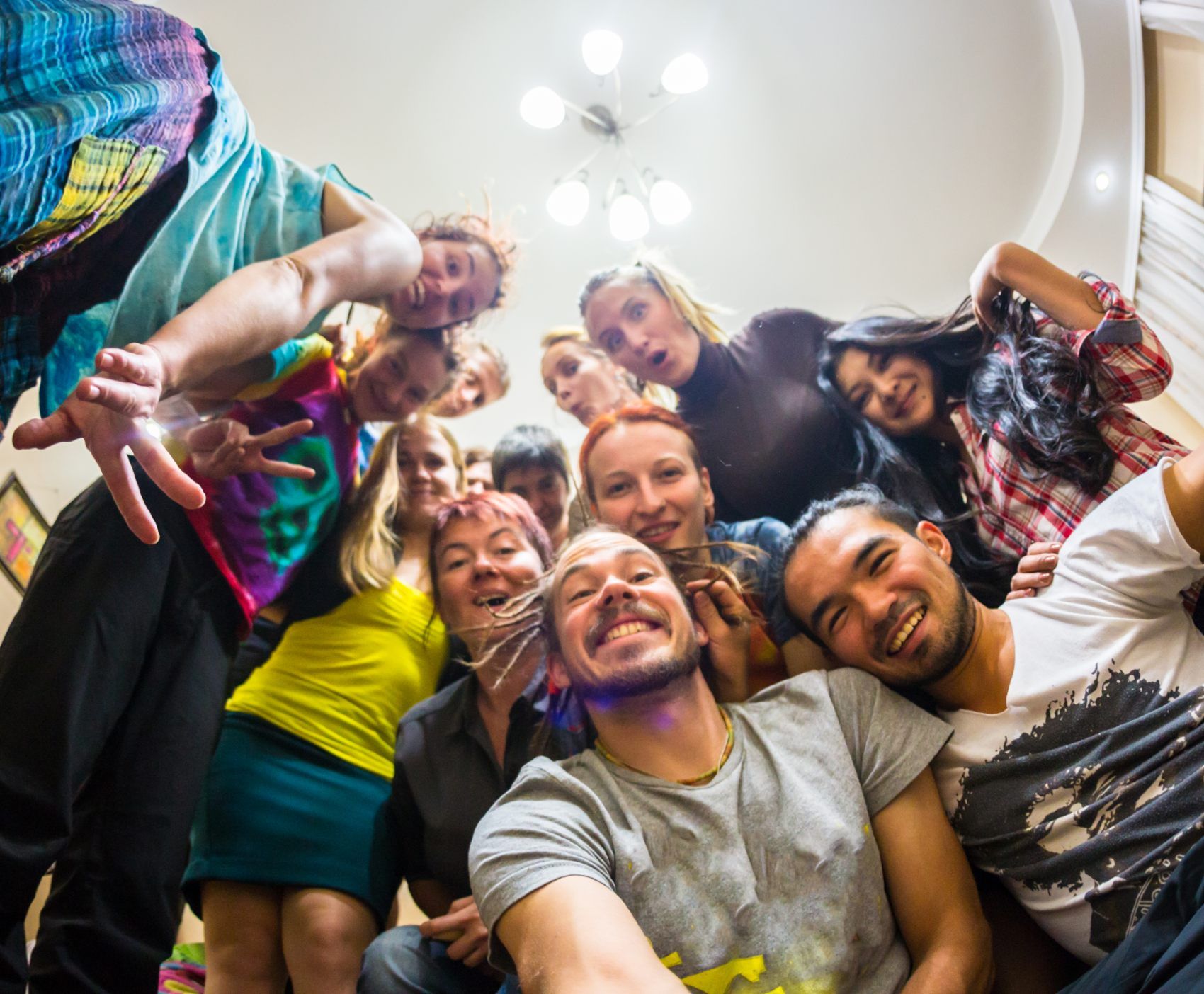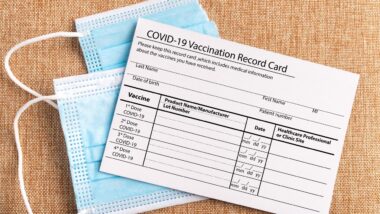Top Class Actions’s website and social media posts use affiliate links. If you make a purchase using such links, we may receive a commission, but it will not result in any additional charges to you. Please review our Affiliate Link Disclosure for more information.
A new rule allows police interference in large gatherings in Scotland during the coronavirus pandemic.
The newly introduced house party law will give the police the authority to break up super-spreader events, defined as parties of 15 or more, in an effort to slow the spread of the coronavirus, the BBC reported.
As social distancing measures press on in an effort to slow the spread of COVID-19, the authorities are getting serious on enforcing breaches of the guidelines.
Health officials are calling large gatherings of people from multiple households “super-spreader events,” as they are high risk.
The government is enforcing the house party law to crack down on super-spreader events as the weather gets colder.
According to the BBC, Scotland First Minister Nicola Sturgeon mentioned the law is essential to prevent the increase of indoor events as winter nears.
She said enforcing the prevention of super-spreader events now will keep more stringent lockdown measures from being taken in the future.
The house party law was issued late last month, along with the new maximum-person limit. The current guidance on super-spreader events allows only eight people from three households at an indoor gathering.
Sturgeon has disclosed that Police Scotland will be given the authority to diffuse super-spreader events.
Sturgeon said super-spreader events generate “a real and significant risk of causing clusters and outbreaks,” according to the BBC.
However, the law that will allow police to interfere with house parties and other large gatherings will be used as a “last resort,” Sturgeon said. The house party law will be used as a last measure to remedy super-spreader events when it is blatantly obvious that a large gathering is occurring.
As a part of the prevention of the super-spreader events, authorities will also now have the capability to shut down pubs and restaurants that are breaching the guidelines of the coronavirus regulations.
According to BBC, Ms. Sturgeon reported, “We believe that both of these new powers are necessary to continue to suppress the virus.”

“If the virus is present at an event like that there is very high likelihood that people at the event get the virus,” Sturgeon said while speaking to the Scottish Parliament, according to the BBC. “That is why we advise strict limits on indoor gatherings.”
However, there are possible technicalities that make the house party law difficult to enforce, the BBC reported.
David Hamilton, a chairman of the Scottish Police Federation (SPF), is questioning how authorities would effectively prevent super-spreader events.
“The legislation was only published yesterday and we have a number of questions with that … we’ve identified a number of loopholes,” Hamilton said, according to the BBC. “We didn’t get any consultation on this at SPF, so we have a number of questions we’ve put back to government, but hopefully, we can work something out about what that means and what they’re meaning with this legislation.”
One loophole he noted was how police officers will know how many people are attending events and how they will confirm the number of households everyone is from. He says the house party law might be different in theory than in practice.
Slowing the spread of the virus is a global effort, but there are still reports of carelessness regarding social distancing and quarantining measures.
One woman from Ayrshire has allegedly not isolated herself after being around people who were coronavirus positive, according to the Glasgow Evening Times.
The woman and her friends reportedly went on holiday together. After the woman’s friends were tested positive, she did not take measures to self-isolate.
The group returned from their trip on 21 August, but the accused woman did not get tested until 26 August. She allegedly attended parties during this time.
There had been a reported coronavirus cluster of 22 cases in Aryshire, and it is suspected the cases are due to super-spreader events.
Do you think the police will be able to effectively enforce the house party law? Do you think the possible loopholes will still allow people to hold super-spreader events? Tell us your thoughts in the comments.
Check back daily for the most recent U.K. class action lawsuit and consumer protection news.
ATTORNEY ADVERTISING
Top Class Actions is a Proud Member of the American Bar Association
LEGAL INFORMATION IS NOT LEGAL ADVICE
Top Class Actions Legal Statement
©2008 – 2024 Top Class Actions® LLC
Various Trademarks held by their respective owners
This website is not intended for viewing or usage by European Union citizens.















